
Projects in Focus - Challenges at One Sydney Harbour
CGC Projects in Focus - Challenges for Architects at One Sydney Harbour
Read moreSo, you’ve landed a job interview for your dream job, now comes the hard part. How do you create a great and lasting first impression with your interviewer?
That you wear to an interview is an important part of the interview process for all candidates. The way you present yourself can say a lot - do you care about your personal presentation? Does your professionalism align with your clothing choices? Will you fit in with the company dynamic? And so on… as such it's important that you hit all the right notes in your attire, from top to bottom.
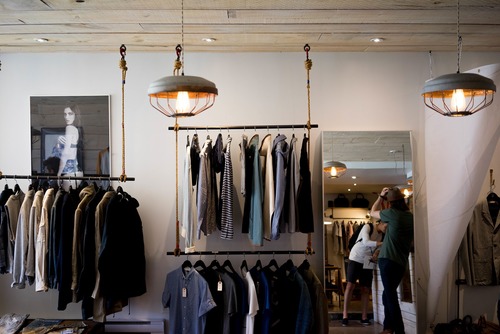
Of course, this used to be easy, with a dark suit, clean shirt, and conservative accessories the norm. However, in today’s more casual working environments, companies have developed an extensive range of dress codes. Navigating this set of unwritten rules can be difficult. Get it wrong and you’ll be finished before you’ve even started. So, it makes sense to take the time to understand what is expected of you.
Before choosing your interview outfit, take some time to consider what story you want to tell: professionalism, to communicate creativity, to convey reliability, etc. Your interview is an opportunity to show hiring managers that you’re perfect for the role – and your dress will ensure they focus on your abilities rather than your attire, ensuring your fashion choices don’t distract from your personality and skills.
What to wear should ultimately be dictated by the company’s dress code. Dark jeans and a t-shirt might be fine for a trendy architecture firm; however, it may set the wrong tone in a multi-disciplinary consultancy. So do your research before attending the interview. But even then, terms such as smart casual and corporate wear are a little ambiguous. So, let’s look a little closer at what some of those terms mean.
Some companies, particularly those operating in the finance or consultancy sectors, still prefer applicants to wear business attire to interviews and in the workplace. They will typically be prescriptive about what this means, however:
Regarding accessories such as French cuff shirts, cufflinks, tie pins, jewellery, bags etc keep it corporate and when in doubt…less is more.
If the dress code says smart casual you have more freedom, but that means more room for mistakes. It’s a good idea to err on the side of caution (smart) when dressing smart casual – think attending a conference or workshop, not a day playing golf.
Typically, a smart top (cotton shirt, oxford, polo shirt etc) paired with dark jeans/chinos/a skirt is a good look. You can get away with a T-shirt at some companies, but we don’t advise exposing too much skin.
And absolutely avoid wearing shorts, ripped jeans, anything see-through, a printed shirt (i.e. Hawaiian), a singlet, thongs or activate wear. Smart trainers might be acceptable in some businesses but avoid them in the first interview.
In our industry safety equipment is imperative but it has its place. So, if you’re interviewing on-site it might be acceptable to wear steel-toed boots and high-viz but possibly not in interview room 2 at corporate HQ! As such, know where you’re interviewing and if any safety wear is required. If in doubt…ask.
Your attire may not seem like a big deal in the scheme of things, but the right – or wrong – interview outfit can make a first impression long before you utter a single word. So, it’s important to set the right tone, which is all about balance.
Be smart but not over the top; be comfortable without looking like you’re ready for an afternoon on the couch; make an effort but remember it not a night out. And, of course, pay attention to the small things, being clean and tidy, smart hair, makeup, practice good personal hygiene, and make sure your clothing fits properly/appropriately.
Of course, there are times when meeting an interviewer’s expectations might not be possible. For example, if you’re coming from site, or a specific event, or even a casual day at your current business. In which case, be honest and pre-warm whoever is arranging the interview, don’t just turn up and hope for the best. Again, we want the interviewer to be focused on you and your ability to do the job, and not be distracted by what you’re wearing.
Before meeting the business, many companies will use recruiters to shortlist candidates on their behalf. The consultants will not only be looking at your qualifications, experience, right to work and skills, but also how you present. Don’t underestimate their role in the process, as the client is trusting them to provide the candidates with the best overall fit.
So, put your best foot forward.
A recruitment consultant will often know the business and the interviewer well. They will have visited the office, had several meetings with people from the business and possibly even placed other candidates there. They will know what’s expected and understand the dress code.
They also want you to do well, so don’t be worried about asking questions about their clients. After all, if you’re a creative type and would feel stifled in a suit every day, there’s no point interviewing at a company that has a conservative dress code.
If you think you are ready for a new challenge it might be time for a conversation with an industry-specific recruitment specialist. CGC Recruitment is a specialist recruitment consultancy with offices in Sydney and Brisbane and we can help.
We specialise in fulfilling roles in the construction, infrastructure, engineering, and architecture sectors at all levels. As a leading industry specialist, we always have a long list of available opportunities for ambitious and professional individuals.
You can search our latest vacancies here, or alternatively, upload your CV and we’ll contact you when we have a suitable vacancy available.

CGC Projects in Focus - Challenges for Architects at One Sydney Harbour
Read more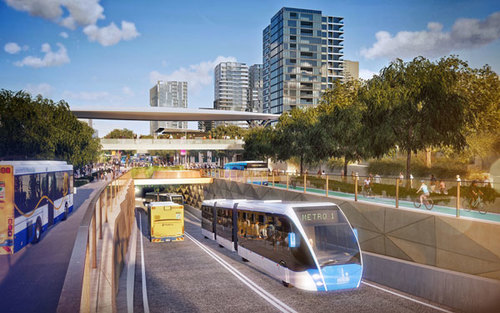

Finding and retaining the right Mechanical, Electrical, and Plumbing (MEP) project manager can be difficult. However, in industries where precision, safety, and skill are of the utmost importance,...
Read more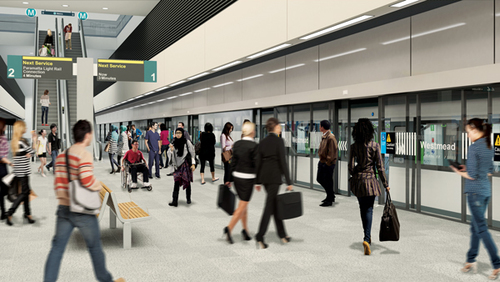
CGC Projects in Focus - Building connections with Sydney Metro West
Read more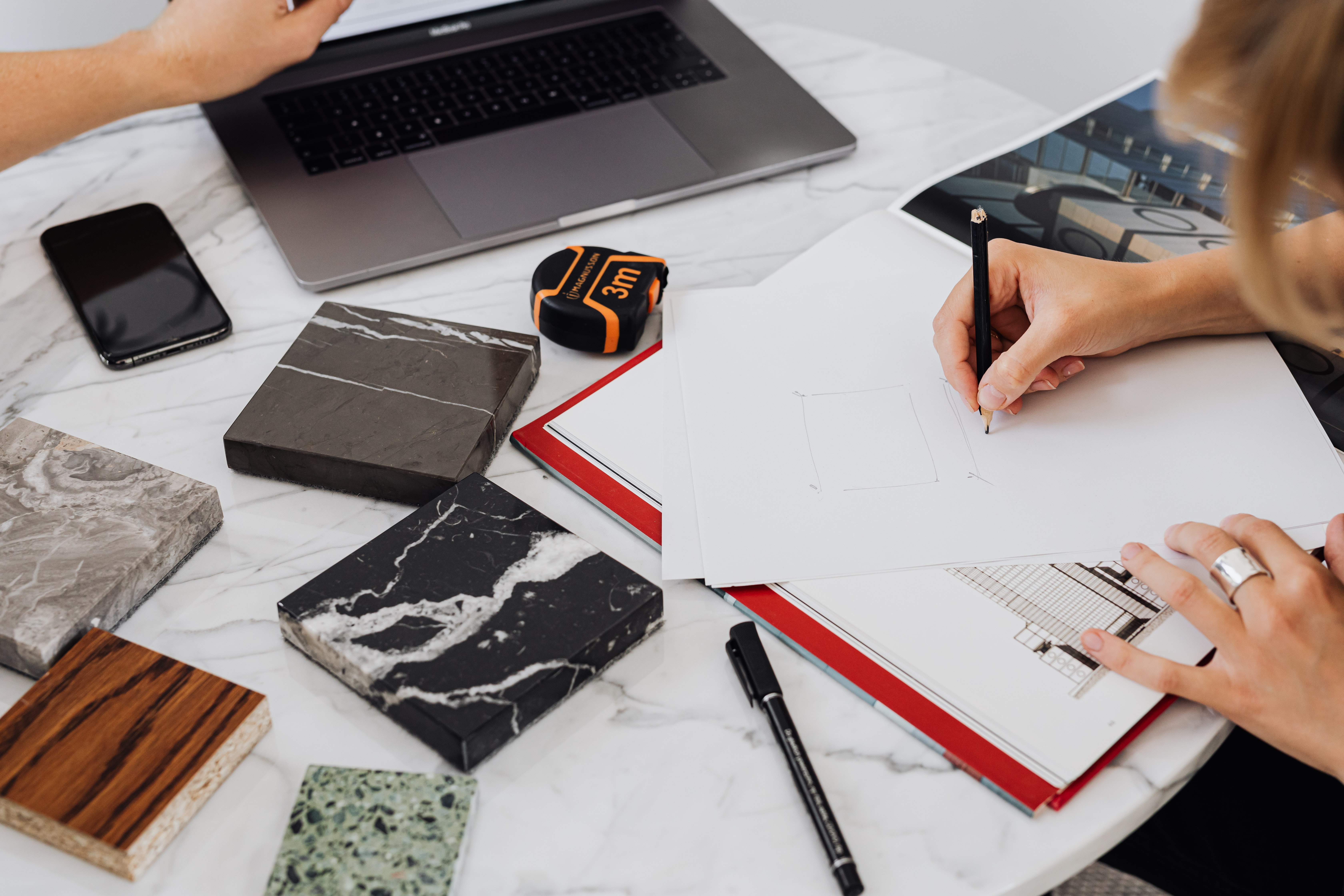
The architecture, interior design, landscape design, and urban design sector remains buoyant across Australia - despite disruptions and a constantly changing world.
Read more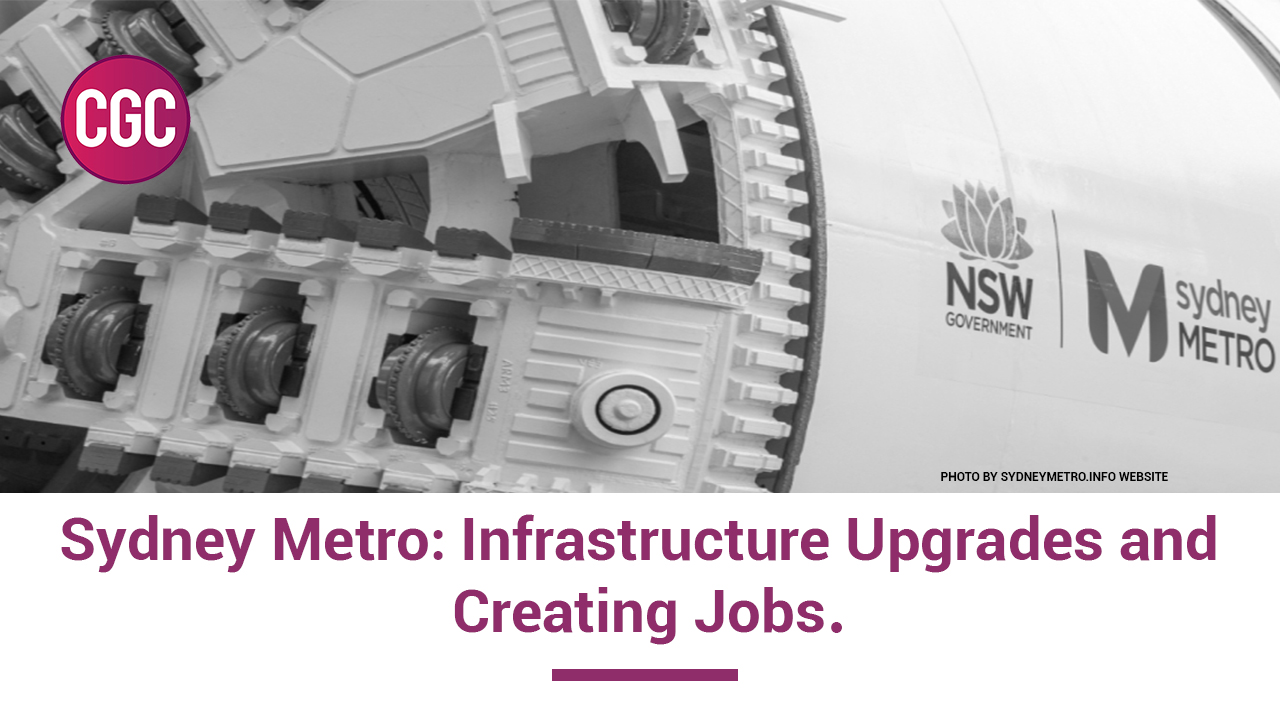
The construction, infrastructure and engineering sectors will continue playing a key role in the Australian economy as a job creator. The Federal Government is committed to stimulating the economy...
Read moreAs things stand, the Australian building and engineering market is generally very busy. There are several significant civil and structural projects underway, as well as plenty at design stage. Sydney...
Read more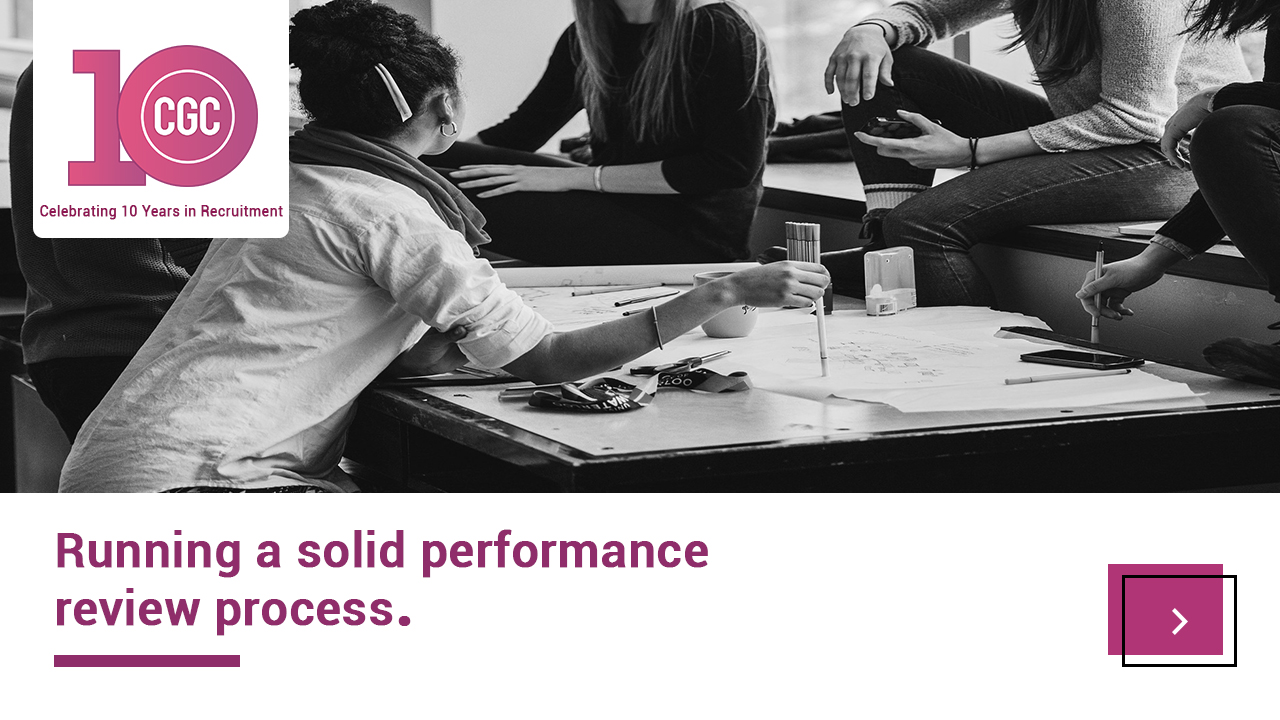
As all good managers know, performance reviews are essential in the modern workplace. They help both managers and employees to demonstrate their targets and key performance indicators (KPIs), discuss...
Read more
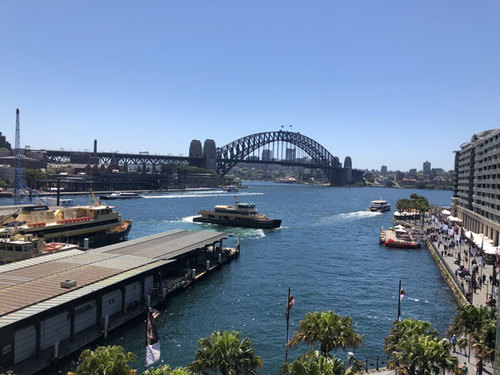
© 2022 CGC Recruitment. All rights reserved.
Terms & Conditions Privacy Policy Contact